Apply Now & Get Fastest Sanction Offers
Shop Purchase Loan Overview
A shop purchase loan is a specialized commercial financing solution designed to help entrepreneurs, business owners, and investors acquire retail spaces, commercial shops, or business premises. This type of loan enables you to purchase your dream commercial property without depleting your working capital, allowing you to establish or expand your business in prime locations.
At FinLends, we understand that owning your business premises is a crucial step toward building long-term wealth and ensuring business stability. Our shop purchase loan solutions are tailored to meet the diverse needs of small business owners, established retailers, and commercial property investors. Whether you're looking to buy a single shop unit, multiple commercial spaces, or invest in retail properties, we provide comprehensive financing options with competitive rates and flexible repayment terms.
Our expert team works closely with leading banks and financial institutions to secure the best possible deals for our clients. We simplify the entire loan process, from initial consultation to final disbursement, ensuring you can focus on growing your business while we handle the financial complexities.
Our Trusted Lending Partners
Empowering Your Financial Goals with Trusted Lending Partners
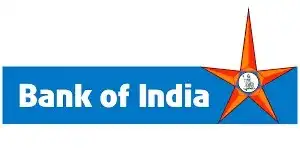





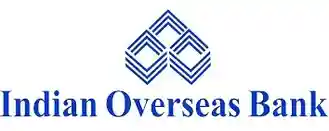

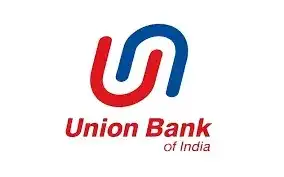
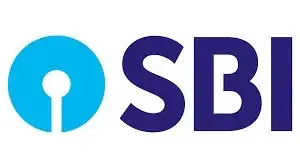

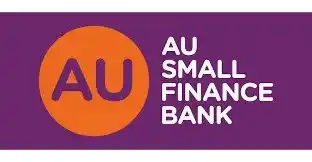

















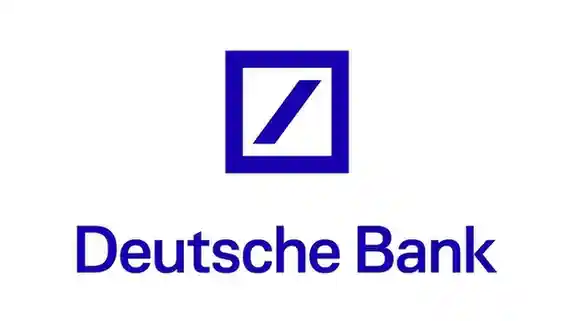



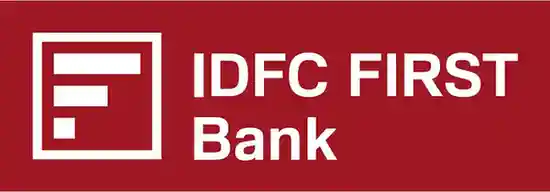

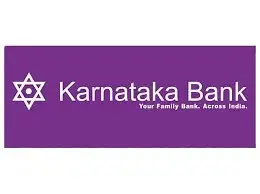













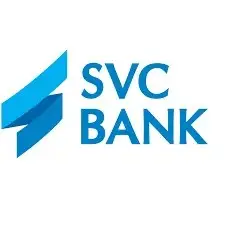


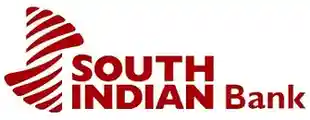
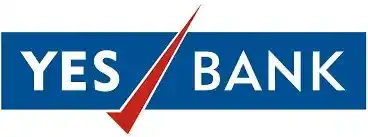

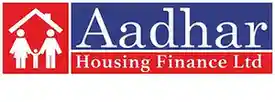
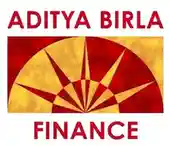
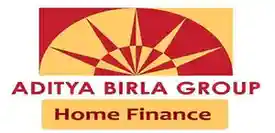

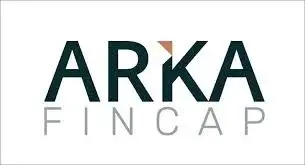














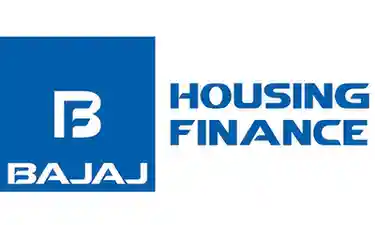
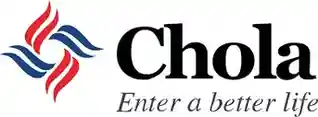

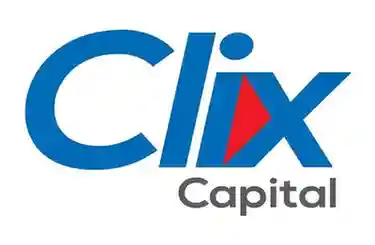
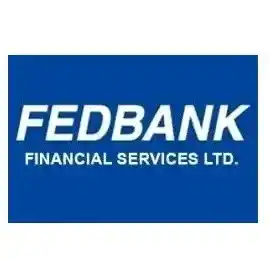



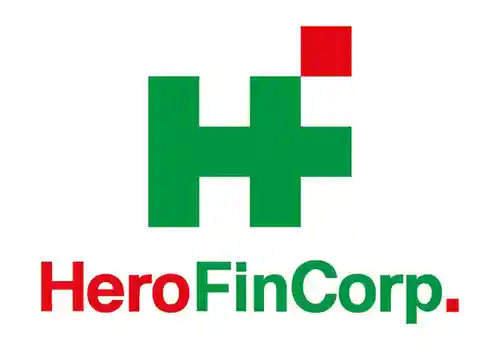















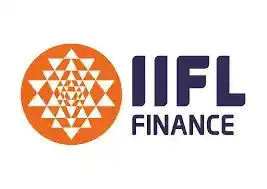

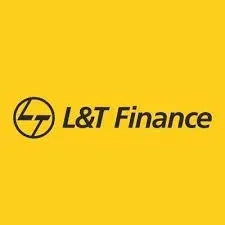


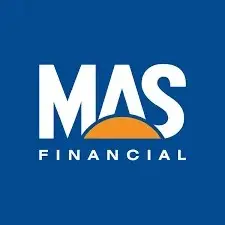

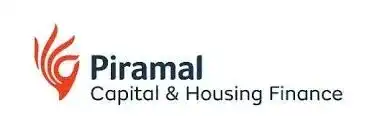

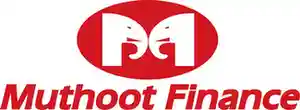














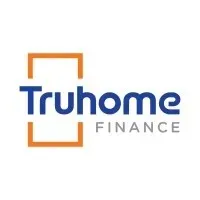

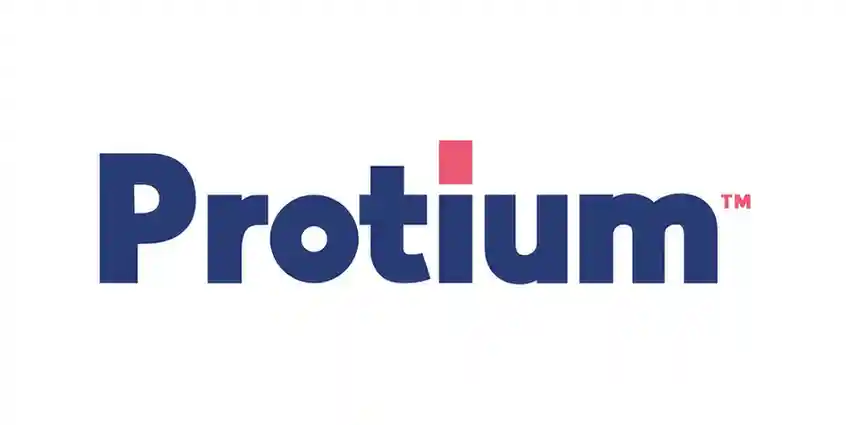
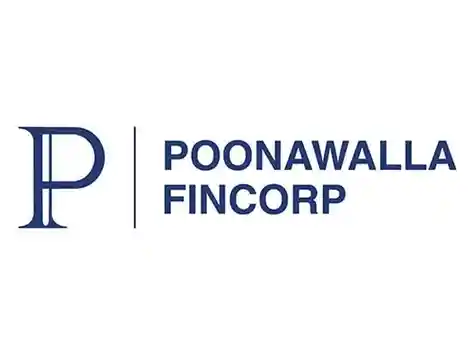
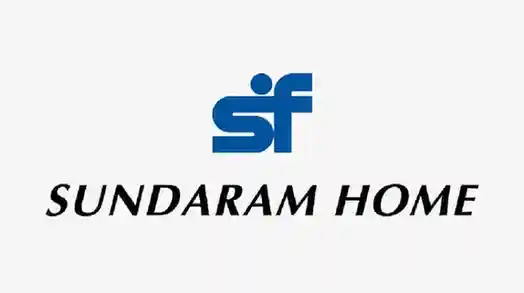
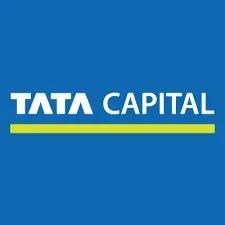
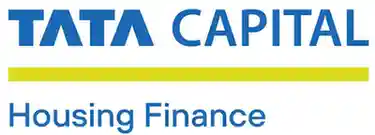
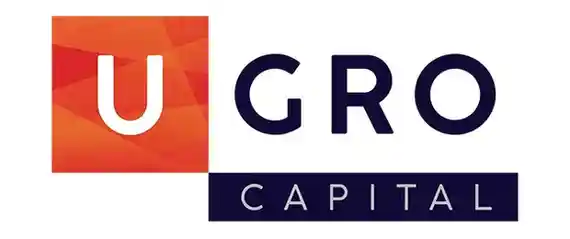
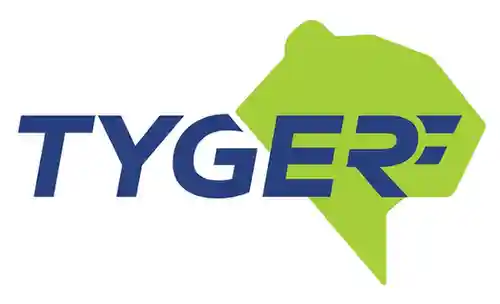
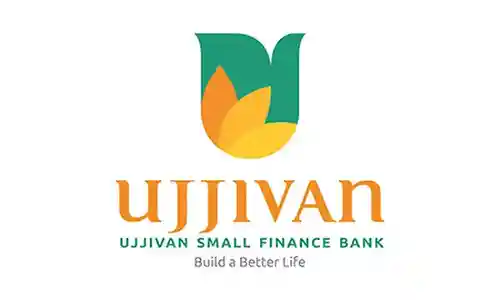










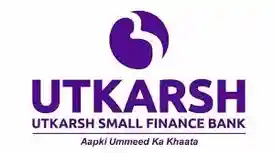
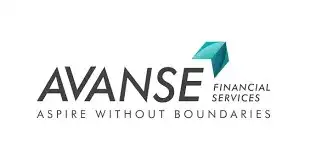


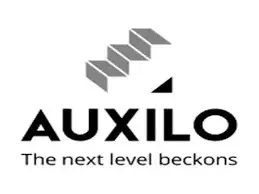


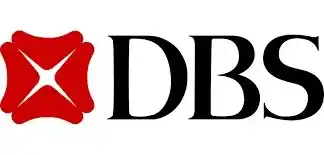
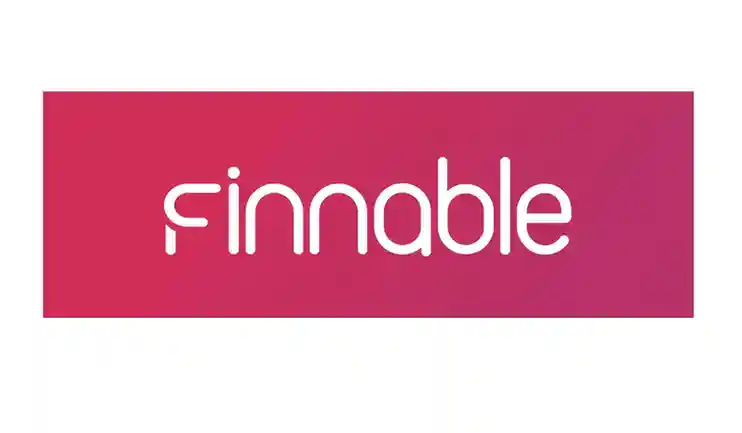
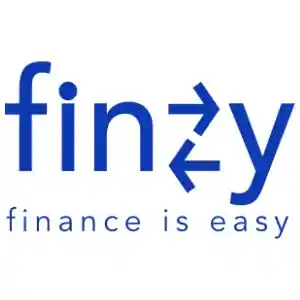

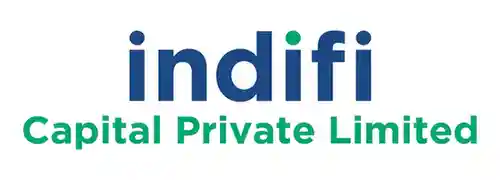













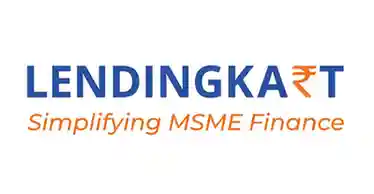


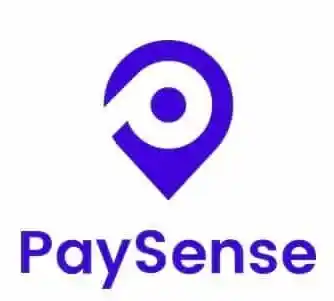
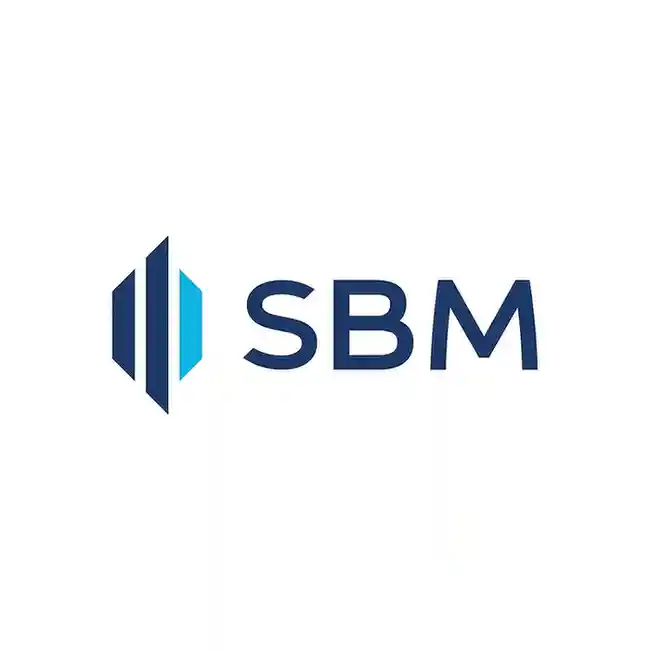












Disclaimer: All bank logos are the property of their respective owners and are used for reference only.
Why Choose Finlends for Shop Purchase Loan
-
Expert Commercial Property Financing Guidance
- Our team has extensive experience in commercial real estate financing, understanding the unique challenges and opportunities in the retail property market.
- We provide personalized guidance throughout your shop purchase journey, helping you make informed financial decisions.
- We maintain strong relationships with over 50+ banks and NBFCs, ensuring you get access to the most competitive interest rates and favorable terms.
- Our network includes both traditional banks and specialized commercial lenders, giving you diverse financing options.
- Every business has unique requirements, and we tailor our shop purchase loan solutions accordingly.
- Whether you need high loan amounts, extended repayment terms, or specific documentation flexibility, we find lenders that match your exact needs.
- Time is money in business, and we ensure rapid loan processing without compromising on service quality.
- Our streamlined application process and strong lender relationships enable faster approvals, helping you secure your desired property before competitors.
- From property evaluation and loan application to documentation and disbursement, our team provides comprehensive support.
- We also assist with legal verifications, property valuations, and post-disbursement services.
- Our strong lender relationships enable us to negotiate the best possible interest rates for your shop purchase loan.
- Significantly reducing your overall borrowing costs and improving your business profitability.
Key Features & Benefits of Shop Purchase Loan
-
High Loan-to-Value Ratio
- Financing up to 80-90% of the property value
- Minimal down payment requirements
- Preserve working capital for business operations
- Leverage your investment for maximum returns
- Loan amounts starting from ₹10 lakhs to ₹10 crores
- Suitable for small shops to large commercial complexes
- Multiple property financing options available
- Customized loan amounts based on property value and repayment capacity
- Loan tenure up to 15-20 years
- Lower EMI burden with longer repayment periods
- Flexible prepayment and foreclosure options
- Structured payment plans aligned with business cash flows
- Fast-track approval process
- Minimal documentation requirements
- Digital application and verification process
- Disbursement within 7-15 working days post-approval
- Retail shops and showrooms
- Commercial complexes and malls
- Office spaces for business use
- Warehouses and storage facilities
- Mixed-use commercial properties
- Starting from 8.50% per annum
- Fixed and floating rate options
- Special rates for high-value properties
- Negotiable rates based on credit profile
Eligibility Criteria For Shop Purchase Loan
-
Individual Applicants
- Age: 21-65 years at loan maturity
- Minimum monthly income: ₹50,000
- Business experience: Minimum 2 years
- Credit score: 650 and above preferred
- Existing business with stable cash flows
- Company/Partnership firm/LLP registration
- Minimum 2 years of business operations
- Annual turnover: ₹15 lakhs and above
- Positive net worth and profitability
- Clean credit history and banking relationships
- Clear and marketable title
- Approved by local municipal authorities
- Located in city limits or developed areas
- Commercial property with proper documentation
- Age of property should not exceed 25 years
- Debt-to-income ratio below 50%
- Stable source of income
- Sufficient margin for property acquisition
- Adequate bank statements and financial records
- No major defaults in credit history
- Valid business licenses and permits
- Property insurance during loan tenure
- Co-applicant may be required in certain cases
How Finlends Works on Shop Purchase Loan
-
Step 1: Initial Consultation
- Our expert consultants conduct a detailed discussion to understand your business requirements, financial capacity, and property preferences.
- We analyze your business profile and recommend the most suitable loan options from our extensive lender network.
- We evaluate your eligibility based on income, credit history, and business financials.
- Our team provides a pre-approval estimate, giving you clarity on loan amount, interest rates, and tenure options before you start property hunting.
- Our team prepares and submits your complete loan application with all required documents to multiple lenders.
- We follow up regularly and keep you updated on the approval status throughout the process.
- We coordinate with lenders for property legal verification and technical evaluation.
- Our experienced team ensures all documentation is in order and addresses any queries raised by the lender's legal team.
- Upon approval, we review the sanction letter, negotiate final terms if possible, and assist in completing all loan documentation.
- We ensure you understand all terms and conditions before signing the agreement.
- We coordinate the disbursement process, ensuring funds are released directly to the seller or developer.
- We also assist in property registration and handover procedures, making the entire process seamless.
- Our relationship doesn't end with disbursement.
- We provide ongoing support, balance transfer options, top-up loans, and any other financial requirements that may arise during the loan tenure.
List of Required Documents For Shop Purchase Loan
-
Income & Business Documents
- Last 3 years' ITR with computation
- Audited financial statements (P&L, Balance Sheet) - (If applicable)
- Bank statements for last 12 months
- Business license and registration certificates
- GST registration and returns
- PAN card of applicant and co-applicant
- Aadhaar card
- Passport (if available)
- Current address proof (utility bills, rent agreement)
- Passport size photographs
- Sale agreement or MOU with seller
- Title documents and chain of ownership
- Approved building plan and completion certificate
- Property tax receipts and utility bills
- NOC from society/builder (if applicable)
- Professional licenses
- Partnership deed/MOA & AOA
- Board resolution for corporate entities
- Power of attorney (if applicable)
- Existing loan statements and repayment history
- Property valuation report
- Insurance policy documents
- Bank account statements of business
- Any other documents as requested by lender
Applicable Fees & Charges on Shop Purchase Loan
-
Processing Fee
- 0.50% to 1.00% of loan amount
- Minimum ₹10,000 to ₹25,000
- One-time payment at application
- Non-refundable administrative charge
- May vary based on lender and loan amount
- Property valuation: Minimum ₹2,500 - ₹5,000
- Technical inspection: Minimum ₹2,500 - ₹5,000
- Legal verification: Minimum ₹5,000 - ₹10,000
- Interest rates: 8.50% - 15.00% per annum
- Late payment charges: 2% - 3% per month
- Bounced EMI charges: ₹500 - ₹750 per instance
- Penal interest on defaults: 1% - 2% above normal rate
- Legal notice charges if applicable
- Foreclosure charges: 1% - 4% of outstanding amount
- Part prepayment charges: 2% - 3% of prepaid amount
- Statement charges: ₹250 - ₹500 per statement
- Duplicate document charges: ₹500 - ₹1,000
- CERSAI registration charges: ₹100 - ₹500
Frequently Asked Questions (FAQs) About Shop Purchase Loan
Shop Purchase Loan EMI Calculator
Calculate your EMI for different interest rates, loan amounts and loan tenures, using Finlends’s EMI Calculator.
Principal Amount
Interest Amount
Loan EMI
66,736
Loan EMI
₹66,736
Principal Amount
₹50,50,000
Interest Amount
₹29,58,335
Total Payable Amount
₹80,08,335
How to use Finlends’s EMI Calculator?
Finlends’s EMI Calculator is easy, intuitive, and instantaneous. Calculate the EMI for your Home Loan, Car loan, Personal Loan, Education Loan, or any other fully amortising loan using our EMI Calculator.
All you need to do:
- The loan amount you wish to avail (in rupees)
- The term of your loan (in months or years)
- The rate of interest (in percentage)
Step 1
Enter your Loan Amount
Step 2
Set Interest Rate
Step 3
Choose Loan Tenure
Result
View EMI & Break-up